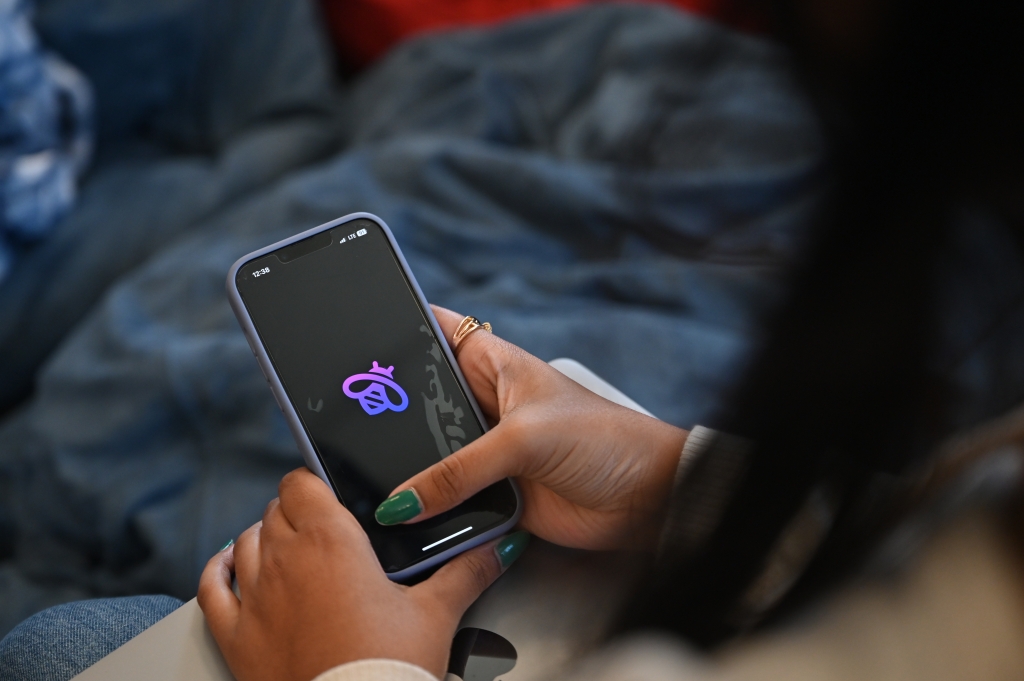RONNIE SAENZ / ASST. OPINION EDITOR
Imagine a day when you can’t open TikTok to watch skateboarding cat edits or a compilation of your favorite creators. Maybe soon you won’t have to imagine, as legislation has been passed in the House of Representatives that may indefinitely ban TikTok for all 150 million United States users, which really is not the “solution” that the American people want or need.
On March 13, 2024, the House passed legislation that requires TikTok’s parent company, ByteDance, to sell TikTok’s Chinese-owned shares in six months or face a nationwide ban of the app. The bill comes in light of security risks that the app poses to U.S. citizens, as it collects user data such as what sites users visit outside of TikTok that can be easily accessed by the Chinese government. Although there is no overt evidence to suggest the Chinese government has pulled private citizen’s information from TikTok, the app has already been banned from use on federal devices, due to this suggested security risk.
Multiple other countries have banned TikTok to varying degrees for similar reasons. These include India, Canada, Australia and the UK. The bans are similar in their concern for national security, but the difference is that other countries have also banned or restricted other social media apps, such as Instagram and Facebook. The U.S. however, does not have any restrictions or bans planned for these other social media apps, and coincidentally these other social media apps are all U.S.-based. Congress has failed to protect U.S. citizens from Meta, yet they are more than happy to ban TikTok just because it’s not based in the U.S.
That’s not to say that there isn’t a threat. There was already a case where TikTok employees inappropriately obtained the info of three U.S. journalists who worked at Forbes. The TikTok employees were attempting to find the source of some TikTok leaks, by looking through the information of these journalists. Although the employees were fired, there are still concerns about how TikTok uses its data.
However, this doesn’t mean that security risks can’t happen at other social media platforms. A study by Consumer Reports actually found that TikTok uses the same techniques as Google, Meta and other companies to track users’ data across the web. As for China, TikTok has already stated that it is not affiliated with the Chinese government, asserting that 60% of its shares belong to global investors.
Given this, there is a better solution than just banning the app. Asking the company to be sold is an impossible favor, as TikTok is valued so high that the only companies able to afford it are the tech giants like Microsoft, Apple and Meta. If that were to happen, then the U.S. would once again have a monopoly over the social media market. The U.S. could simply create restrictions on the data that TikTok collects, instead of asking for the company to be sold. In fact, TikTok has already offered a solution to keep their data out of the hands of the Chinese government by making all U.S. data go through a third party server.
The banning of TikTok would also cause a crisis for the various businesses and content creators, who rely on the platform for income. Without TikTok, Meta would be the dominant social media company in the U.S. with the ability to lower revenue for creators on a whim, since they have nowhere else to go. If TikTok does sell its shares, then the most likely owners will be large, U.S.-based tech companies, which also creates anti-trust issues. For instance, if Meta bought TikTok’s shares, then it would have a near monopoly on short form content, giving them the ability to suffocate the competition and pay their creators less since they have nowhere else to go. Industry data shows that the average TikTok influencer earns an average salary of $121,765, and there are nearly 106 thousand TikTok influencers as of 2020. Even though most influencers use TikTok as a part time revenue source, it will be devastating to lose all 150 million U.S. TikTok users.
The future of TikTok is uncertain, as the legislation still needs to pass in the Senate, but President Biden has already announced support for the bill. It’s a complicated situation, because the tech industry’s grasp on users’ data is an important issue, but banning TikTok will only give other companies an even tighter grasp. The federal government should consider implementing and funding wide spread regulations across all social media platforms to protect users from getting their data stolen inappropriately. So let your government officials know that TikTok should be held accountable, but a ban will only make things worse. If you want to protect your data in the meantime, you can block trackers, use a secure browser like FireFox or use a privacy protecting browser extension.
Last year, the government’s first attempt at banning TikTok sparked backlash. Photo courtesy of @team2mom/Instagram





Leave a comment